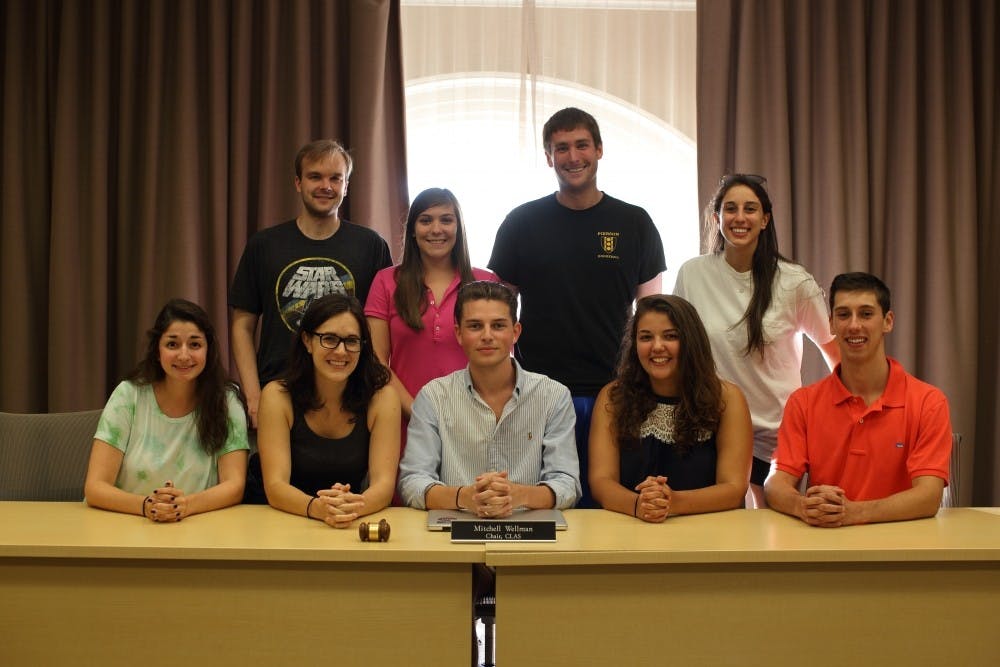The University Judiciary Committee held its general body meeting Sunday.
Second-year College student Jordan Arnold, the first-year judiciary committee chair, gave an overview of UJC history. She named a few occasions in history when the group failed to meet its self-governance mission.
In its early days, UJC was connected with Student Council — a relationship that ended later after a violent incident occurred on the Lawn.
In 1954, a young woman visitor was sexually assaulted in a Lawn room by 12 student leaders from the University’s governance entities. This incident, however, later caused outcry among students questioning if the University administration’s punishment upon the 12 men was too harsh.
Arnold said then-University President Colgate W. Darden, Jr. likely saw the close ties between the student organizations as “dangerous.”
The Judiciary Committee was created in February 1955 after a 60 percent vote.
When the Judiciary Committee was first founded, standards of conducts were not specified. Acting as gentlemen and acting to prevent discrediting the University were the only requirements to which students were held. The Standards of Conduct were not enforced until 1970.
The Judiciary Committee became the University Judiciary Committee in 1980.
Arnold then said she hoped current members could learn from the failing instances in the past.
“In general people assume the system works, but people need to more critical. Only [a] hard look at the failures could make meaningful improvement,” Arnold said.
After the general body meeting, Amy Ackerman, a Curry graduate, was elected as the new vice chair for sanctions. Ackerman is filling the vacancy left by Deborah Luzader, a Ph.D. student graduating early from the Graduate School of Arts and Sciences, by majority vote in an instant run off among the representatives.
“I am very excited to serve,” Ackerman said. “I appreciate the way UJC follows the standards.”
Ackerman said she wanted to make sanctions educational rather than seen as punishment. She added that sanctions should exist for affected students’ benefits so that “they can return to focus on their education as quickly as possible.”
UJC Chair Mitchell Wellman, a fourth-year College student, said Ackerman would have “more rights and responsibilities on UJC.”
Wellman closed the meeting by asking members to reflect on their training processes and opened the floor for suggestions.
The next UJC general body meeting will be held Sept. 25.
Correction: This article previously listed Deborah Luzader as a student in the School of Medicine and as the Vice Chair for Trials.







